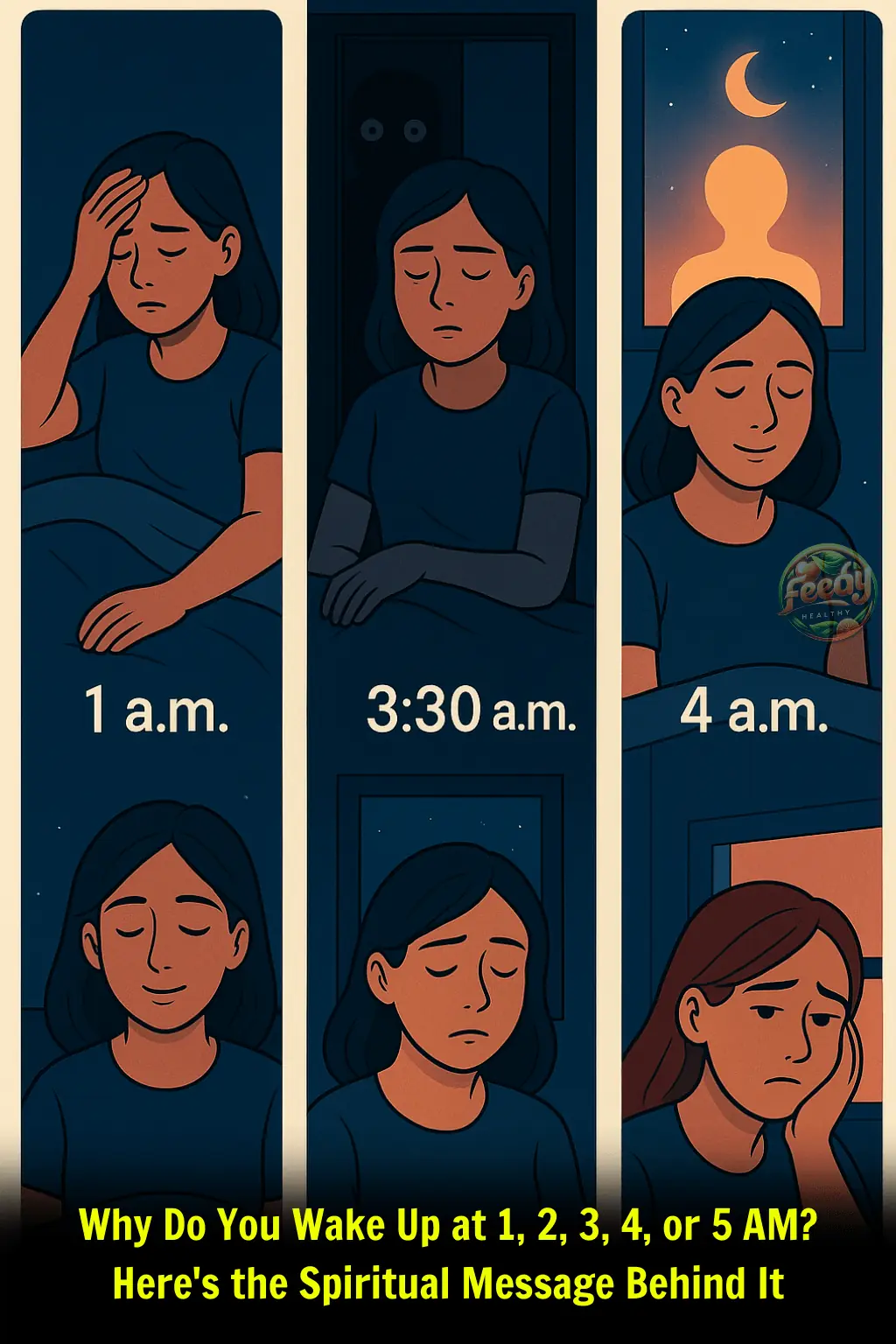
Why Are COVID-19 Cases Rising Again in India — and Should You Be Concerned?

India is witnessing a renewed increase in COVID-19 cases, mirroring similar trends seen across parts of Asia. Cities such as Mumbai, Chennai, and Ahmedabad have reported a noticeable uptick in infections, prompting renewed public health vigilance. Experts link this rise to the emergence of new subvariants and the gradual decline in immunity levels within the population.
According to The Times of India, health authorities are monitoring the situation closely, particularly in urban centers. In Mumbai alone, 95 new cases have been reported so far in May — a sharp increase compared to previous months. As a precautionary measure, some patients have been transferred from KEM Hospital to Seven Hills Hospital to prevent further spread. Additionally, the government has resumed testing for all individuals showing symptoms of influenza-like illness (ILI) or severe acute respiratory infection (SARI).
What’s Causing the Rise in Cases?
The current spike in infections is primarily driven by two factors: the high transmissibility of emerging Omicron subvariants and a population-wide decline in immunity. While most people in India have either been vaccinated or previously infected, immunity levels are waning over time, leaving many susceptible to reinfection.
This trend isn’t unique to India. In Singapore, for example, COVID-19 cases surged by 28% in the week ending May 3. Infection rates more than doubled over a four-week span, highlighting the rapid spread of newer variants across the region.
Experts point to a combination of causes behind the resurgence:
-
Waning immunity from past infections and vaccinations
-
Reduced effectiveness of older vaccines against current strains
-
Increased social gatherings and travel
-
Relaxation of safety measures
-
Potential seasonal influences
Despite the World Health Organization (WHO) officially ending the global COVID-19 emergency in May 2023, the virus has not disappeared. It continues to circulate and adapt.
Should You Be Worried?
So far, most of the new cases in India remain mild. No deaths or ICU admissions have been reported during this latest uptick. However, health experts are urging caution, particularly for vulnerable populations such as the elderly, pregnant women, and people with chronic conditions.
Doctors recommend taking the following precautions:
-
Wear a mask in enclosed or crowded spaces
-
Wash hands frequently
-
Avoid close contact with those showing respiratory symptoms
-
Consider a flu vaccine to reduce the risk of co-infections
While the overall threat remains lower than in previous waves, staying cautious and informed can help reduce both personal risk and community spread.
News in the same category


Common Symptoms of the New Covid-19 Variant

The HEALTHIEST FRUIT on Earth: what happens to your body if you eat just 3 a day

Everything you need to know about chronic constipation: A hidden threat to your digestive health

The Powerful Avocado Seed, Cinnamon & Turmeric Tea: Health in Every Sip

Don’t Ignore These 5 Life-Saving Health Checks—They Could Detect Cancer Before It’s Too Late

"A Natural Doctor Sent by God Replaced My Pills with This Drink – And My Diabetes, Poor Circulation, Cholesterol, High Blood Pressure, and Swollen Legs Vanished!"

Never store your cooked rice without knowing this

Enhancing Digestion and Liver Health with Ginger and Dates

Should You Drink Water On An Empty Stomach When You Wake Up In The Morning?

Cleanse Your Liver and Veins Naturally in 3 Days!

Discover the Power of Miracle Seeds for Heart Health

The Natural Remedy Big Pharma Didn’t Want Dr. Frank Suárez to Reveal — A Powerful Formula for Cancer, Diabetes, High Blood Pressure, Cholesterol, and Heart Attack Prevention

🌿 The Natural Drink That Transformed My Dad’s Life — A Doctor's Recommendation

Why Do You Wake Up at 1, 2, 3, 4, or 5 AM? Here's the Spiritual Message Behind It

Early signs of diabetes many fail to notice

The Drink That Lowers Triglycerides, Reduces Blood Sugar, and Deflates the Belly

This Natural Drink Transformed My Mother’s Health After 30 Years
News Post

Atrial Fibrillation and the Alarming Risk of Stroke Recurrence: What Can Be Done to Prevent It?

DIY Rice Cream for Glowing Skin – Anti Aging Cream

Common Symptoms of the New Covid-19 Variant

Add these tablets in your oil, no hair fall and fast hair growth

Vitamin E Benefits For Hair

Super Drink for Weight Loss: Lose Weight in Just 21 Days

The HEALTHIEST FRUIT on Earth: what happens to your body if you eat just 3 a day

Everything you need to know about chronic constipation: A hidden threat to your digestive health

5 Countries Making It Harder for Americans to Live and Work Abroad

Chilling last words of trainer ripped apart by ‘psychotic’ killer whales

Revitalize your skin with this rice gel

How To Use Aloe Vera for Beautiful Skin

Animal lover finds squirrel with giant tooth, brings him home and gives him a new opportunity – thank you

The Powerful Avocado Seed, Cinnamon & Turmeric Tea: Health in Every Sip

10 Benefits to Drinking Warm Water (No Lemon Required)

Don’t Ignore These 5 Life-Saving Health Checks—They Could Detect Cancer Before It’s Too Late

"A Natural Doctor Sent by God Replaced My Pills with This Drink – And My Diabetes, Poor Circulation, Cholesterol, High Blood Pressure, and Swollen Legs Vanished!"

Vitamin E Aloevera Cream, A Natural Botox For Your Skin
